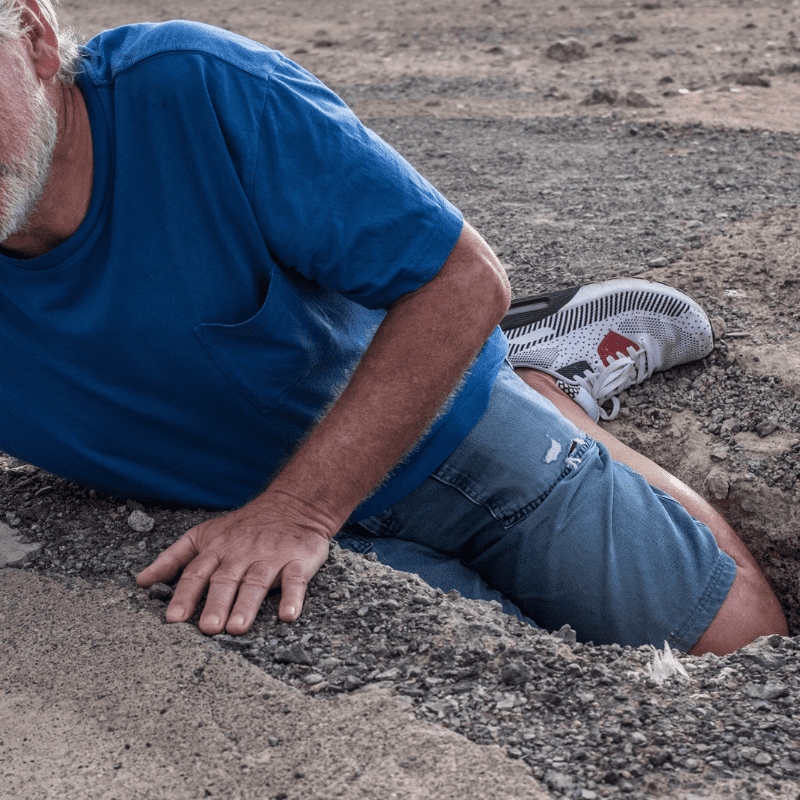Premises liability is an important legal concept, and can affect whether you decide to reach out to a slip and fall attorney after an accident. To make a decision about whether to seek the services of an attorney, you need the details of what premises liability means and what kinds of legal cases it can create. Here’s what to consider, if you’ve been injured on another party’s property.
What is Premises Liability?
Premises liability means that property owners are held accountable (liable) for injuries and accidents that take place on their property (the premises). This is typically why property owners have insurance. These policies don’t just protect the structure and contents, but they also have coverage for medical payments from accidents and injuries.
The Duty of Care: What Property Owners Owe to Visitors
Property owners have what’s called a duty of care, which means that they need to make sure that their property is safe for other people. For example, if someone sustains a personal injury because there was no railing on their friend’s stairs, and they fell, they might have a case for a personal injury attorney. Of course, there are many factors to a case, and all those factors have to be considered.
State-Specific Laws: How Premises Liability Works in Nevada
In Nevada, property owners are required to provide safe conditions, and adequate warning for any potentially unsafe conditions. This is why, for example, stores place “wet floor” signs around a puddle in one of their aisles. That simple act helps protect them against liability claims, but it may not always be enough.
Elements Needed to Prove a Premises Liability Case
To prove a premises liability case, it’s best to work with a personal injury lawyer who can collect all the facts and ensure that the case is strong enough to pursue. Generally, you’ll need to show that:
- There was a duty of care
- The environment was unsafe
- There was no warning, or the warning wasn’t adequate
- The property owner was negligent
Without being able to show these aspects, there may not be a case and the property owner may not be liable for damages.
The Role of Negligence in Premises Liability
Negligence is the most important aspect of a case when working with a slip and fall attorney. If a property owner had a duty to maintain their premises, they didn’t do it, and that caused an injury, they could be negligent. However, your personal injury lawyer will also have to prove that the property owner knew or should have known about the unsafe conditions and didn’t correct them.
Gathering Evidence: Photos, Witnesses, and Reports
Gathering evidence at the scene when the injury occurs is the best course of action. Even if you’re injured to the point that you’re not able to do this, there are generally witnesses who can provide information. If the injury happens in a store instead of private residence, there may also be camera footage of what happened and a store incident report that was completed by management, as well.
How Long Does a Premises Liability Case Take to Resolve?
Some premises liability cases are very clear-cut, and they can be resolved in weeks or months. Other cases may take longer, especially if it’s difficult to establish negligence or there are extenuating circumstances. If you’ve been injured and want to talk to a personal injury attorney about a potential case, contact us at Coulter Harsh Law today. We can help you decide the right course of action for your future.




 Pursu Agency
Pursu Agency